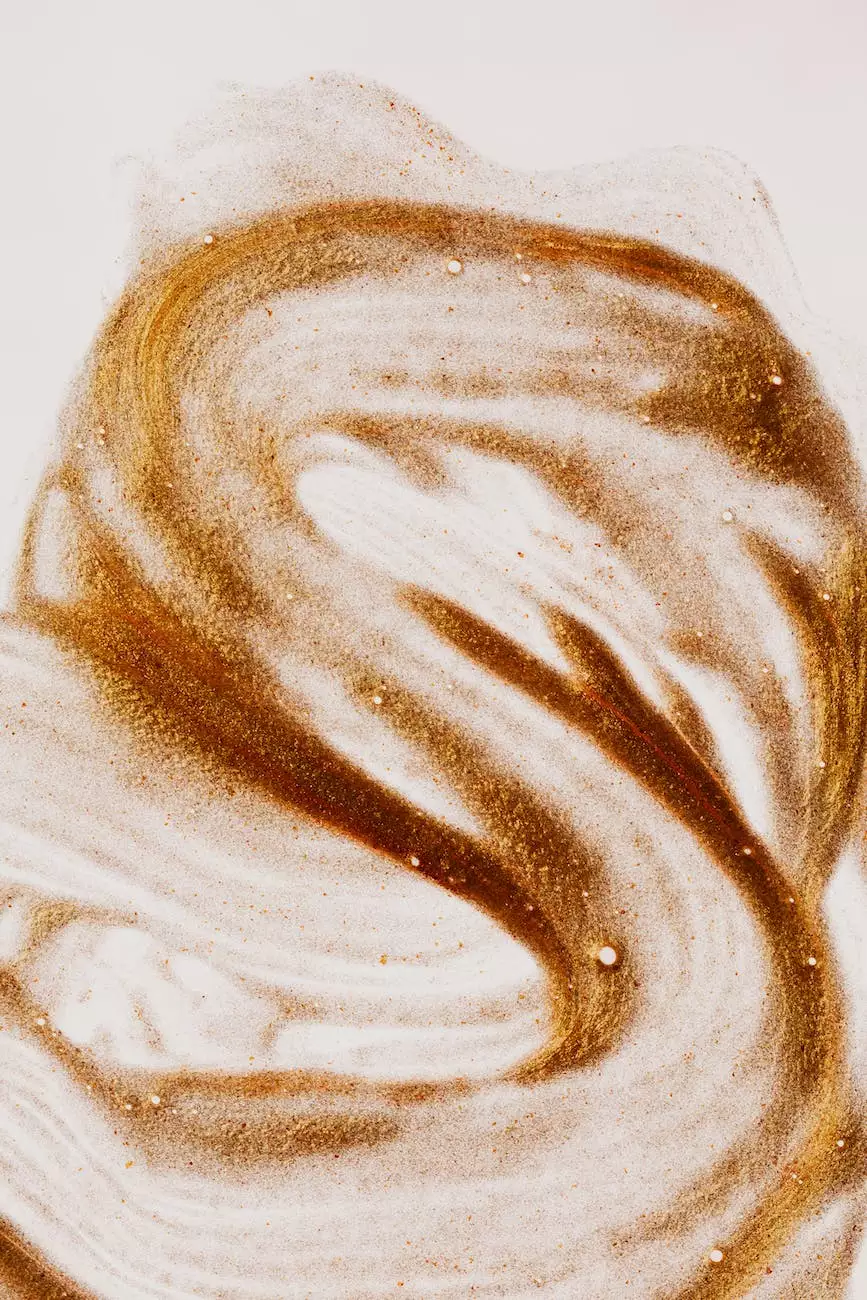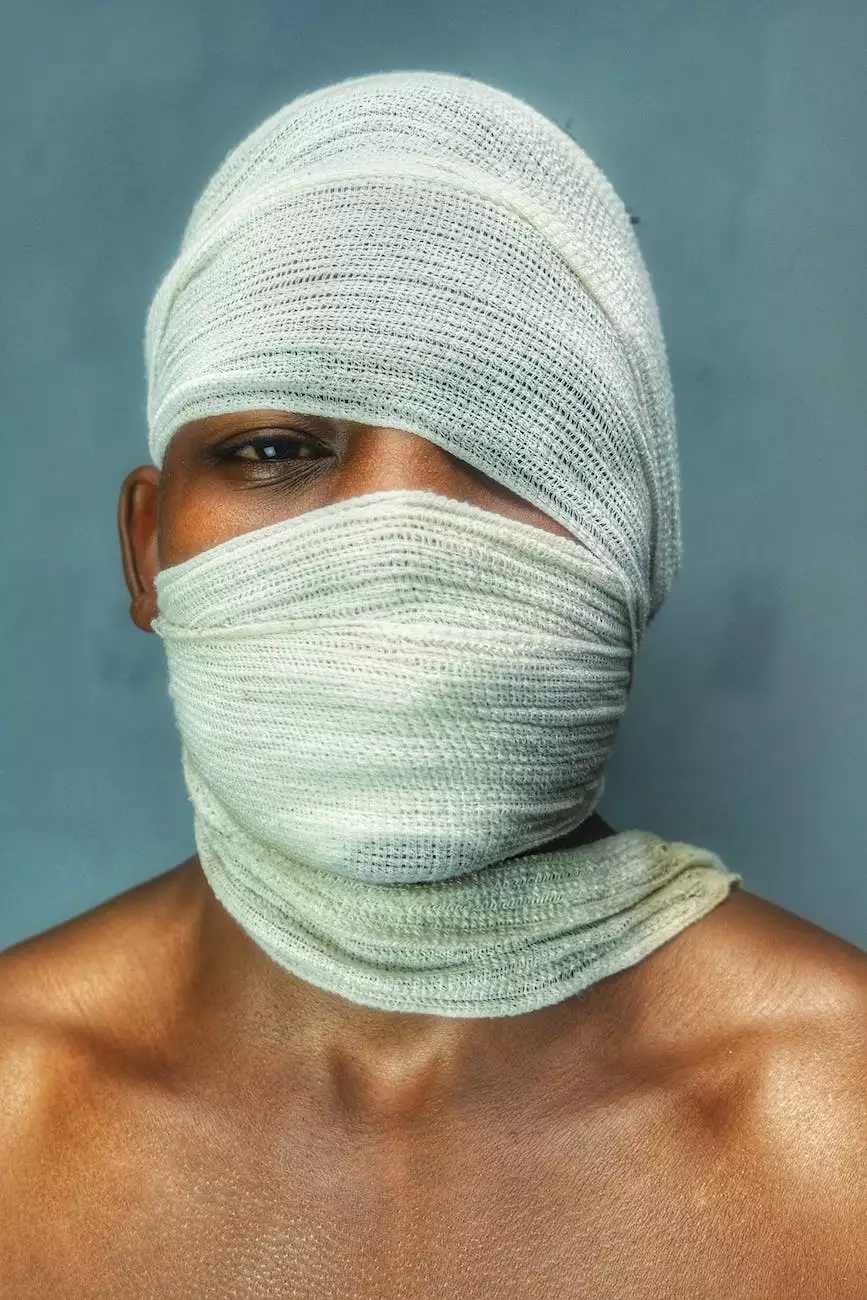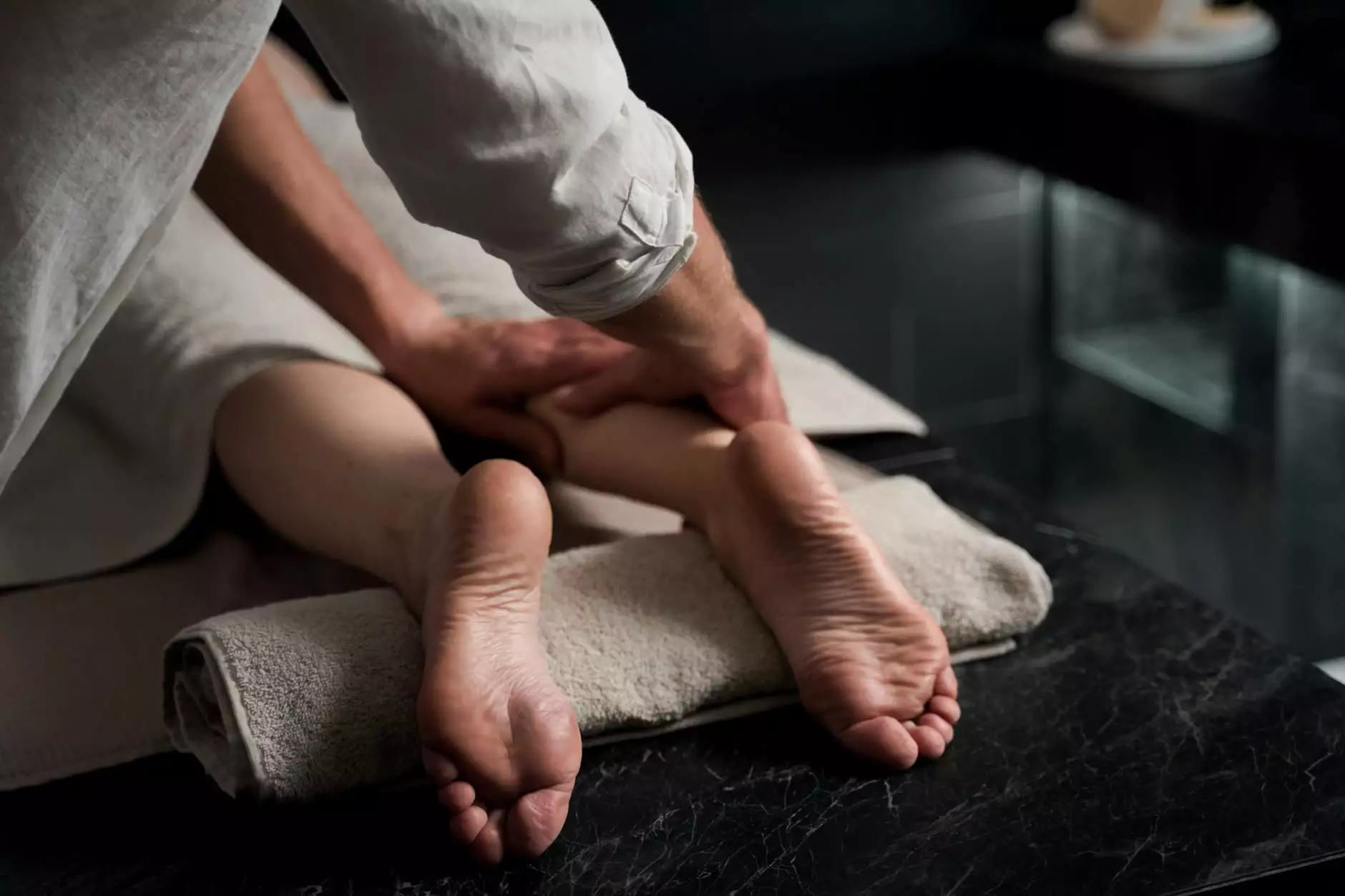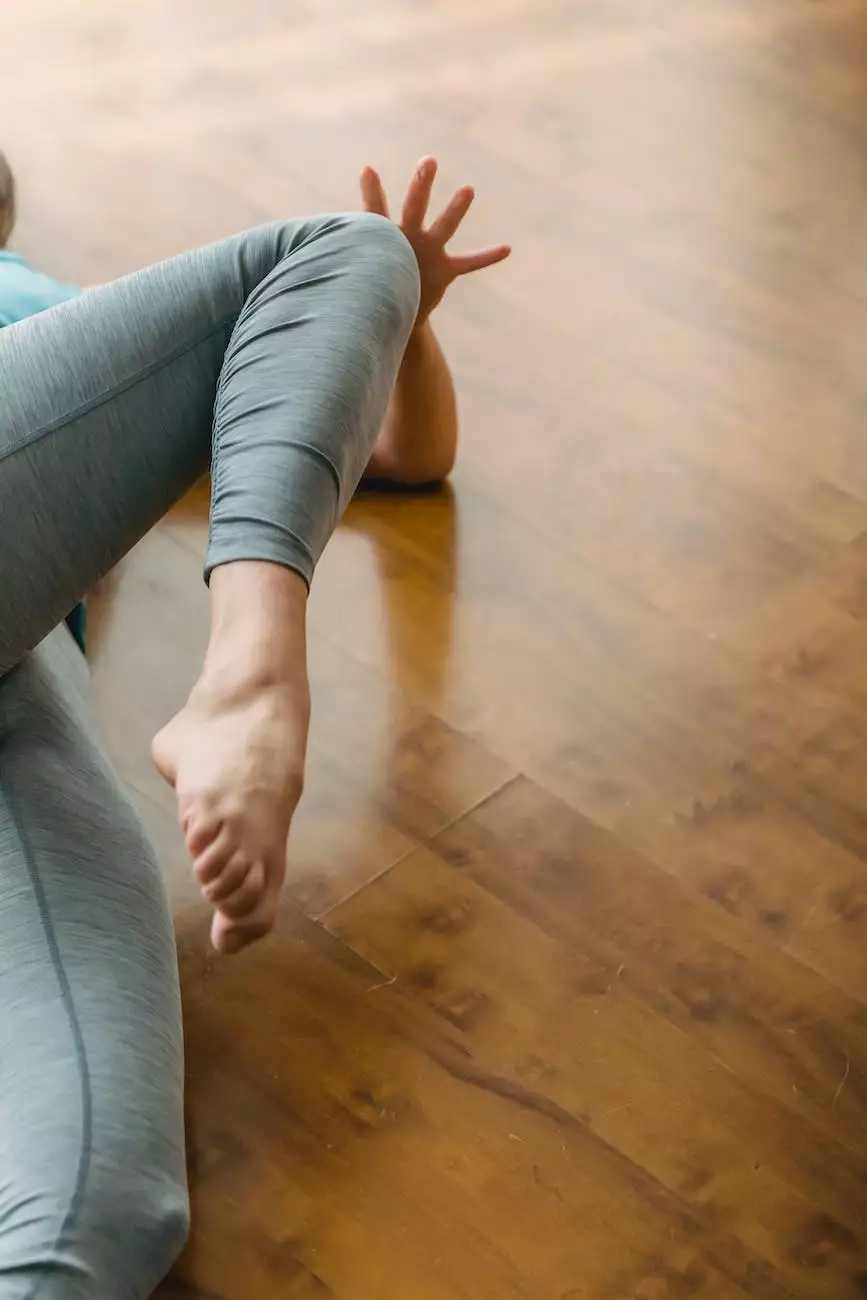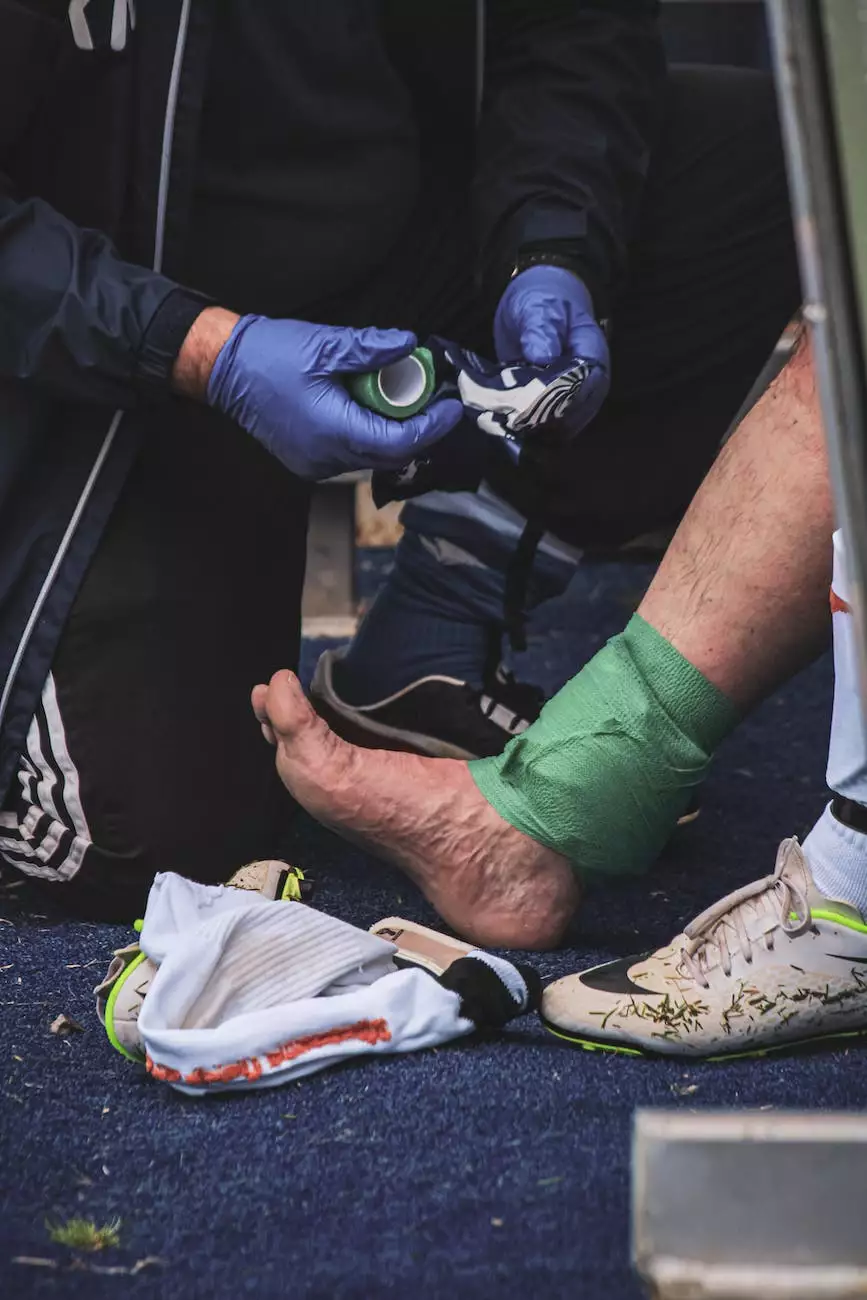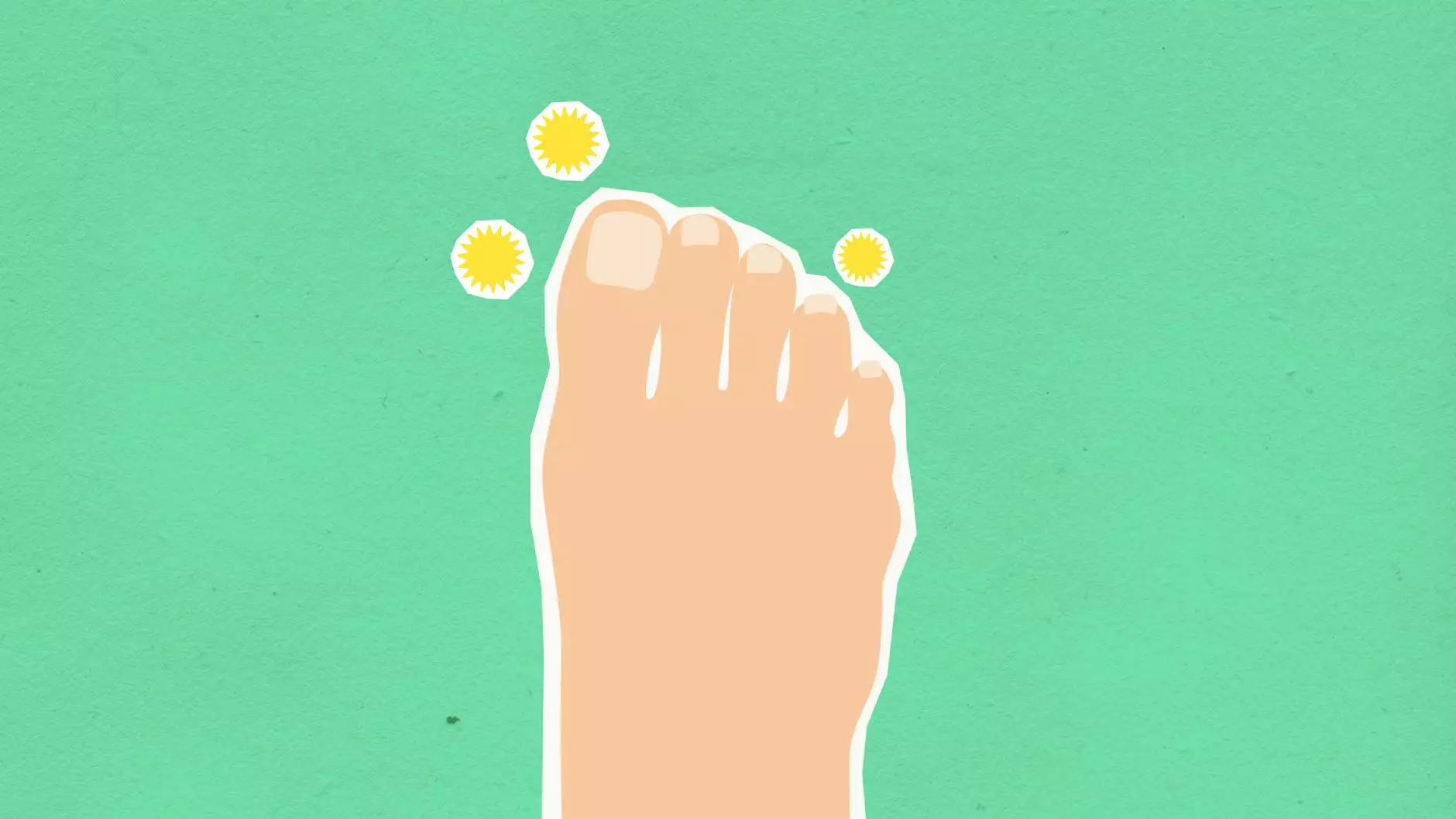Causes of Cracked Heels
Blog
Welcome to Bowling Orthopaedics, your trusted source for comprehensive information and solutions related to heel pain and foot conditions. In this article, we will explore the causes of cracked heels, a common foot problem that affects many individuals.
Understanding Cracked Heels
Cracked heels, also known as heel fissures, occur when the skin on the heel becomes dry, thick, and develops deep, painful cracks. This condition often results in discomfort and can even lead to bleeding and infection if left untreated.
Common Causes
Cracked heels can have several underlying causes. Let's take a detailed look at some of the most common factors contributing to this condition:
Lack of Moisture
Dryness is a significant cause of cracked heels. When the skin on the heels lacks sufficient moisture, it becomes tight and prone to cracking. External factors such as harsh weather conditions, exposure to hot or cold environments, and excessive use of drying soaps can further exacerbate the problem.
Obesity
Excess body weight can exert more pressure on the heels, leading to the development of cracks. This is often seen in individuals who are overweight or obese, as the increased load on the feet can cause the skin to crack and split.
Prolonged Standing
Individuals who spend long hours standing, such as healthcare professionals, retail workers, or factory workers, are prone to developing cracked heels. The constant pressure on the feet can cause the skin to lose elasticity and become cracked.
Improper Footwear
Wearing ill-fitting shoes or sandals that do not provide proper support can contribute to the formation of cracked heels. Shoes that lack cushioning, have an uncomfortable fit, or lack ventilation can cause increased friction and pressure on the heels, leading to cracks.
Unhealthy Lifestyle Habits
Several lifestyle habits can contribute to the development of cracked heels. Smoking, excessive alcohol consumption, and a poor diet lacking essential nutrients can negatively affect skin health, making it more susceptible to dryness and cracking.
Treatment and Prevention
Fortunately, there are several effective remedies for treating and preventing cracked heels. Here are some tips to help you overcome this condition:
Moisturize Regularly
Apply a rich moisturizer specifically designed for feet daily. Look for moisturizers that contain ingredients like urea, glycerin, or petroleum jelly, as they can effectively restore moisture and soften the skin. For best results, apply the moisturizer before bedtime and wear clean cotton socks overnight to lock in the moisture.
Exfoliate and Remove Dead Skin
Regularly exfoliate your feet using a foot scrub or pumice stone. This helps remove dead skin cells and prevents the buildup of thick, dry skin on the heels. Gently scrub the affected areas to smoothen the skin's texture and promote healing.
Proper Footwear Choices
Wear well-fitting shoes that provide proper support and cushioning. Opt for footwear made from breathable materials that allow adequate ventilation and reduce friction on the heels. Avoid high heels or overly tight shoes, as they can increase pressure on the heels and worsen the condition.
Avoid Prolonged Standing
If your daily routine involves prolonged standing, take regular breaks to give your feet some rest. Use cushioning mats or anti-fatigue insoles to reduce the strain on your heels. Additionally, engaging in regular foot exercises and stretches can improve circulation and prevent the skin from drying out.
Schedule Regular Foot Care
Incorporate routine foot care into your self-care regimen. Consult with a podiatrist who specializes in foot health to receive professional advice on cracked heels and other foot conditions. Regular visits can help detect any underlying issues and provide appropriate treatment.
Conclusion
Cracked heels can be a painful and bothersome condition, but with proper care and preventive measures, you can maintain healthy, soft heels. By understanding the causes and taking proactive steps to treat and prevent cracked heels, you can enjoy pain-free feet and maintain overall foot health.
At Bowling Orthopaedics, we are dedicated to providing you with valuable resources related to foot and ankle health. For more information and expert guidance, explore our website or schedule an appointment with our experienced orthopedic specialists.

